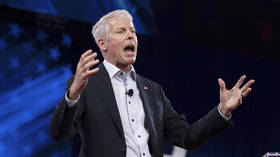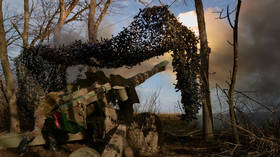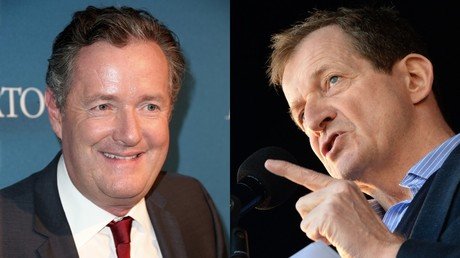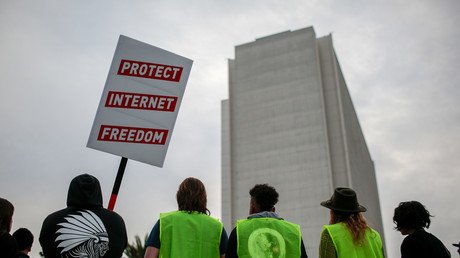UK researchers link consumption of junk memes to teen obesity & other ‘unhealthy’ habits
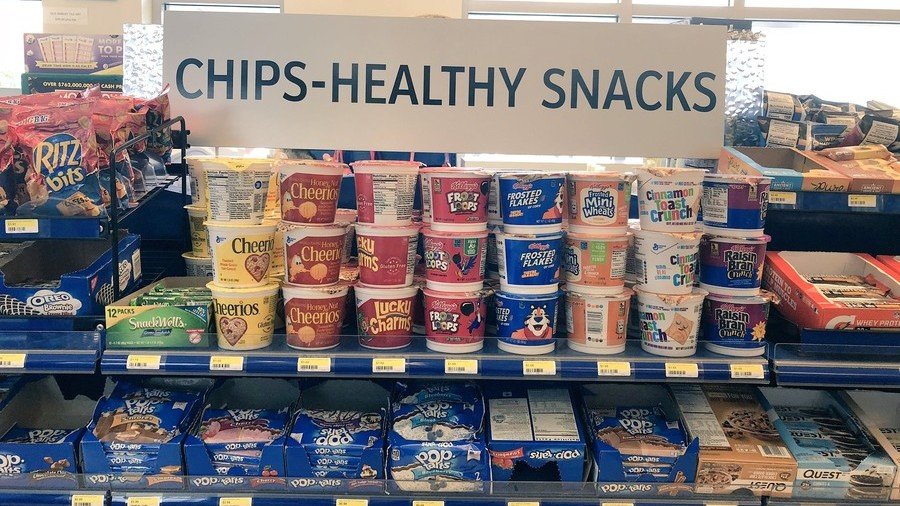
Hopping on the “blame the memes” bandwagon, UK researchers have sent a letter to Parliament warning that kids are learning poor health habits from the memes they share on social media.
The letter, sent by Loughborough University researchers to a Parliament committee investigating the impact of social media on teens, demonstrates a poor grasp of what exactly a meme is, though one need only read the New York Times’ latest think-piece on memes to see that academia has never really understood the finer points of internet culture.
Researchers conducted an “emotional analysis” of two health-related hashtags, #fitnessaddict and #flexibledieting, as well as #meme and #tea for comparison. They concluded that the absence of even a baseline level of emotional content reflected a desensitization to body-shaming, bullying, and trolling, even where there was no indication that the tweets had included any of these behaviors.
The study capitalizes on two very real facts. One in three British children is now overweight or obese, compared to one in five elsewhere in Europe. And kids these days are getting their information, including health-related, from the internet.
However, the researchers failed to show that teenagers are in all seriousness getting their health information from joke memes like those included in the study appendix, which show a stick figure made out of junk food and a morbidly obese child looking excited about “free food.” Thus blaming memes for bad health habits in teenagers seems like lazy science bordering on fearmongering.
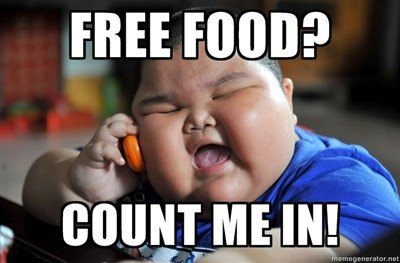
Demonizing memes seems popular these days, with the text-enhanced images blamed for everything from Donald Trump’s presidency to Brexit to the resurgence of so-called white nationalism. Twitter recently deleted hundreds of accounts for sharing the gray-faced “NPC” meme, claiming it was “dehumanizing” and attempting to link it to a campaign to misinform voters ahead of the 2018 US elections.
The Loughborough researchers admit that their letter is merely “preliminary research” about a subject that is, “at best, poorly understood,” and they openly state that their intent is to secure funding for a larger project. Chances are we’ll be hearing a lot more about the danger of memes in the future.
Like this story? Share it with a friend!







